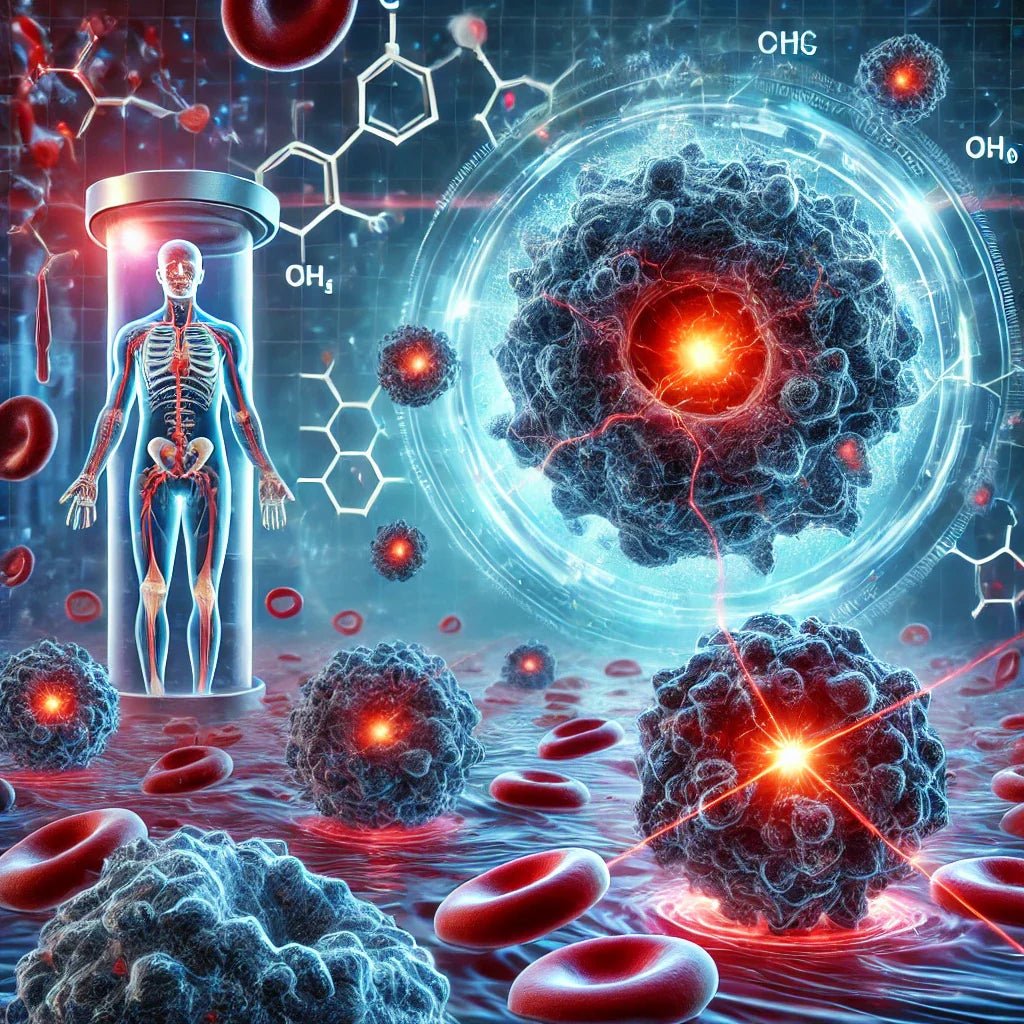Gastrointestinal cancers constitute a serious health problem worldwide. Diagnosing them is extremely important to detect the disease early and provide patients with appropriate treatment. Nowadays, endoscopy plays a key role in the detection and treatment of gastrointestinal cancers. In this article, I will discuss the role of endoscopy in these areas from the perspective of a gastroenterologist.
Endoscopy is a non-invasive diagnostic technique that allows direct viewing of the inside of the digestive tract. Using a flexible speculum (endoscope), the doctor can view the mucous membrane of the esophagus, stomach, small and large intestine. If cancer is suspected, endoscopy allows visualization of the tumor, assessment of its location, size, shape and characteristic features. Additionally, during endoscopy, tissue samples (biopsies) can be taken for histopathological examination, which allows confirming or excluding the presence of cancer.
Endoscopy can also be used to detect pre-cancerous lesions, such as colon polyps, which can develop into full-fledged cancers. Removing these lesions during endoscopy (polypectomy) can prevent the development of cancer. Additionally, endoscopy can be used to assess the extent of the tumor and assess the infiltration into adjacent tissues and lymph nodes, which is necessary when planning treatment.
Endoscopy also plays an important role in the treatment of gastrointestinal cancers. In some cases, when the cancer is early and limited to the mucosa or submucosa, it can be removed using endoscopic techniques. For example, for early-stage colorectal cancer, endoscopic techniques such as endoscopic submucosal resection (ESD) may be used. These procedures allow the tumor to be removed without the need for open surgery.
Additionally, endoscopy can be used to insert prostheses to unblock narrowed sections of the digestive tract caused by developing cancer. These prostheses enable the proper flow of food and alleviate symptoms such as swallowing difficulties.
After treatment for gastrointestinal cancers, endoscopy plays an important role in monitoring patients. Regular endoscopic check-ups allow you to assess the effectiveness of treatment, check for disease recurrence and detect any recurrence or complications early.
To sum up - endoscopy is an extremely important diagnostic and therapeutic technique in the case of gastrointestinal cancers. Thanks to it, it is possible to detect the disease earlier, more precisely assess the extent of the tumor and its characteristic features, and provide effective treatment. Gastroenterologists play a key role in performing endoscopy, interpreting the results, and making appropriate therapeutic decisions to improve the patient's condition and combat gastrointestinal cancers.
Adam Trzciński






